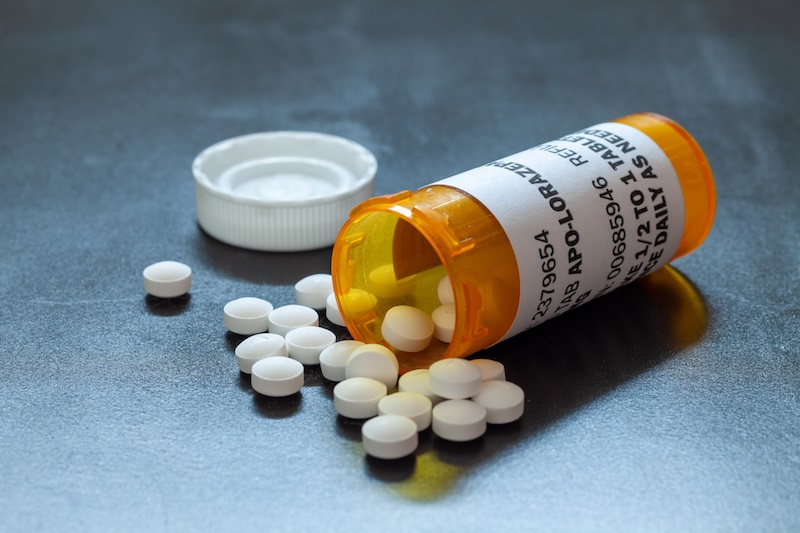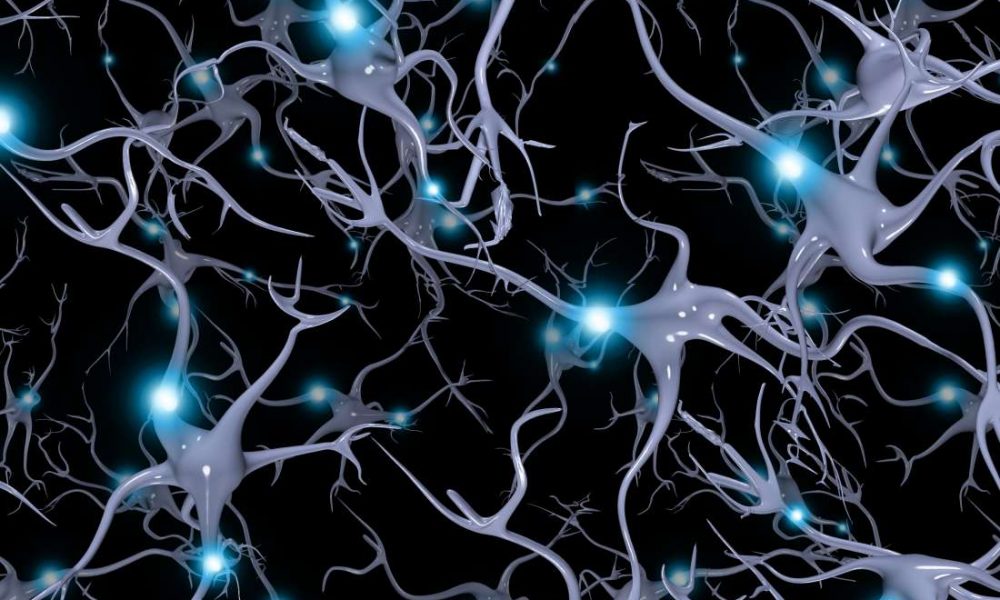Most people have a distorted idea of how long it takes to pack on muscle. It’s a long and difficult process, and you could feel let down if your muscles don’t start to seem more defined right away.
However, if you want your muscles to grow and become more toned, you must begin your new workout regimen with realistic goals. Resistance training with weights is the best way to gradually increase muscle mass. Studies show that weightlifting, and other forms of resistance training, are the most effective ways to stimulate hypertrophy, the scientific term for muscle growth.
The Right timing
Here, you’ll learn how long it takes to build muscle and what factors influence your strength, weight loss, and fitness improvements as a consequence of weight training.
Each and every muscle is composed of muscular fibres, which are cells that are cylindrical in form. In order to build muscle, weight training breaks them down and then lets them rest and recover.
One of the most important aspects of gaining muscle is fixing the little breaks that develop in your muscle fibres.
This highly involved process is explained as follows
Each and every one of our muscles is made up of tens of thousands of individual, microscopic muscle fibres.
Weight training (and even body-weight exercises) causes minute rips in the muscle fibres.
After that, your body will begin the process of repairing the damaged muscle cells as you rest.
Muscle fibres that have been torn apart must be fused back together, and new proteins must be deposited into each damaged muscle cell, as part of the healing process.
Muscles expand and strengthen as you work to restore them from injury
Keep in mind that the above description is a gross oversimplification of what really happens in your body in the hours and days after a weightlifting workout. Besides the muscles themselves, the nervous system, the cardiovascular system, and the endocrine system all play a role in the process of muscle repair and growth.
When will I notice the first physical benefits from my exercise routine?
Since your ability to grow muscle is dependent on a variety of factors, including those listed below, there is no predetermined time frame for doing so.
The amount of protein you eat: Of the three macronutrients, protein is the most crucial for muscle growth, although they are all necessary. Your muscles need a good dose of protein after a hard weight training session so that they can recover and get stronger. When there isn’t enough protein, muscle growth stops.
Conclusion
You won’t gain muscle mass no matter how much protein you eat every day if your calorie intake is too low. Your body has to generate new tissue for you to grow muscle, and it can’t do it out of thin air. More fuel, in the form of more calories, speeds up the process of both muscle growth and repair. One reason many people never reach their muscle-building goals is because they aren’t ready to deal with the excess body fat that comes with a muscle-building time.
An exercise physiologist can help you design a personalized plan to optimize your calorie intake and exercise program for efficient muscle gain while minimizing fat accumulation.




